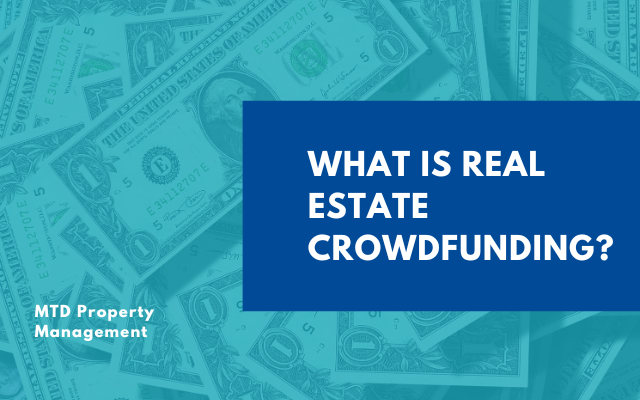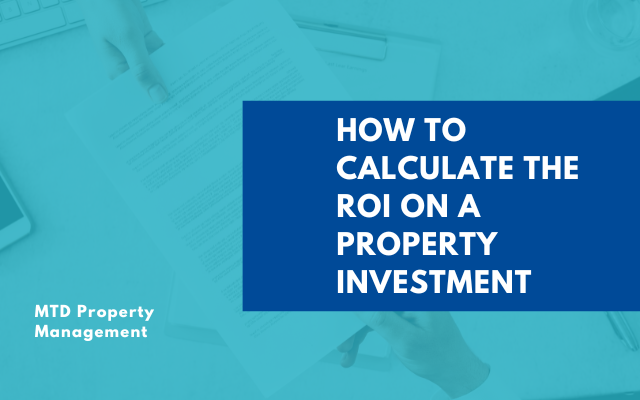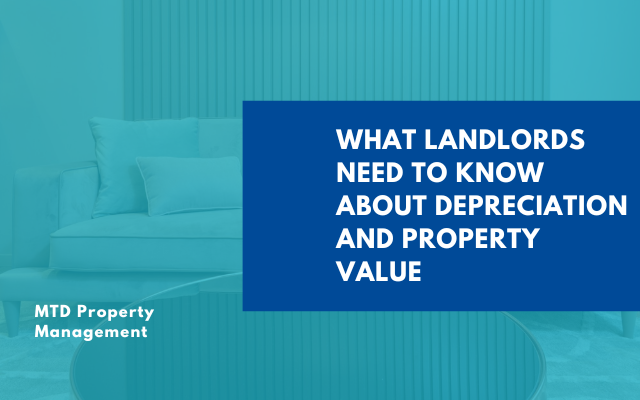
For those who don’t have substantial funds to finance an investment property, real estate crowdfunding can be a great alternative.
It is one of the best methods to accumulate money fast to buy a property. You can pool money online through many prospective investors on multiple social media platforms to buy real estate.
Although your money may seem small, collecting funds from several interested real estate investors can quickly accumulate a large sum.
This is especially beneficial in times when interest rates rise, as properties continue to be a solid investment. Real estate often retains value and generates rental income, making it a reliable option even when financing costs increase. Keep reading to learn more!
How Real Estate Crowdfunding Works
There may be times when a great opportunity to purchase a property arises, but your funds might fall short. In such cases, you can turn to crowdfunding by using the Internet or social media to gather potential investors. This method allows you to quickly raise the capital needed for your real estate investment.
Once the investment is secured, it's important to conduct
regular property inspections to ensure everything is in good condition, helping to safeguard your investment over time.
Crowdfunding is often used by small and midsized companies not only for real estate but also to fund purchases like vital machinery or plant construction, boosting future growth.
Guided by the Jumpstart Our Business Startups Act (JOBS), crowdfunding for investments is a popular route for small and mid-sized firms to fund ventures. It was drafted in 2012 to lessen the reporting requirements of small companies. The Securities and Exchange Commission (SEC) relaxed the policies on small businesses to create more room for crowdfunded investments.

While crowdfunding is an easy alternative for fundraising projects, restrictions do exist. Investors can only place a certain amount for investment, which will be based on one’s income and net worth.
As mentioned earlier, real estate crowdfunding shares a similarity with equity investment since investors who buy a property are called shareholders. Given that property investments can require such a huge lump of capital, you can still benefit from real estate returns without the pressure of coming up with large funds although your profit will be dependent on the amount of investment you put in.
Before the enactment of the JOBS Act, there were only a few property investments available to most investors. Many invest in real estate investment trusts (REITs). However, crowdfunding has turned into a popular option for a lot of people who prioritize affordability.
Real Estate Crowdfunding: Advantages and Disadvantages
All types of investment have its upsides and downsides. With real estate crowdfunding, funding may be speedy but risks also exist.
Advantages of Real Estate Crowdfunding
What is great about real estate crowdfunding is it allows more people with small capital to invest in properties and gain an income from real estate with less risk by paying only a small amount.

At a low starting fund of $1,000, interested property investors can participate in real estate crowdfunding. You won’t need to meet the stringent requirements for financing just so you can fund steep property investments. In addition, you will face limited risks since you only invested a small amount.
In-demand properties are often expensive for individuals and small businesses since you can expect to make a substantial income from them. Through crowdfunding, small investors can access attractive real estate.
With the SEC lifting the ban, more non-accredited investors can join crowdfunding activities. Before, investors must be accredited and must qualify for net worth and specific income levels. Today, it is not so challenging to take advantage of crowdfunding for an opportunity to become a shareholder.
Disadvantages of Real Estate Crowdfunding
No investment is completely free from risks. When you invest in real estate, you are bound to face drawbacks. Crowdfunding can get complicated for those who are unfamiliar with property investments.
You need to learn about it since risks also accompany crowdfunding. For instance, you can expect to pay higher fees while benefiting from managed investments.
In addition, crowdfunding is a relatively new option leaving you with little chance to check its past performance. It was approved by the JOBS Act less than a decade ago, so many investors are still trying to learn more about this viable option.

Pros
- Available to more investors
- Lower investment money for placement
- Plenty of opportunities to invest
- Open to non-accredited investors
Cons
- The potential loss is possible
- Not as regulated as other investments
- No familiarity between investors and companies
- Strict policies and fees can be expected
- Few resources to tap into since the investment is new
Limits in Crowdfunding Investments
Real estate investment comes with risks. That is why, the SEC set investment limits for non-accredited investors.
If you have an income of
- Less than $124,000, a limit of $2,500 or about 5% of your annual income over a 12-month cycle is granted
- More than $124,000, you can invest up to 10% of your annual income over a 12-month cycle
Does Crowdsourcing Differ from Traditional Real Estate Investing?
Yes, crowdsourcing departs from traditional real estate investment since the latter will require a lot of capital initially while crowdsourcing allows a small sum of money for property investment. Further, you can free yourself from property management or handling administrative tasks.
Can You Earn a Stable Income from Crowdsourcing Real Estate?
Yes, income from real estate investments can be consistent by renting out the property. Similarly, you can also receive an equal rental income share on a crowdsourcing platform which can be a regular and passive income, although that can depend on how in-demand the property rental income is and if vacancies rarely happen.
Bottom Line
With crowdfunding, small-time investors can gain a lot of advantages. They can participate in big-time real estate projects, such as apartments, commercial spaces, and office buildings, which would otherwise be inaccessible to them.
However, with this relatively new route, your data over its performance can be limited. Ideally, you should research a ton before deciding to invest so you know the upsides and downsides of the investment.
MTD Property Management is a top property management company in Chicago. With our expert team, quick responses, and personalized care, choosing us is the right move. Contact us today!









